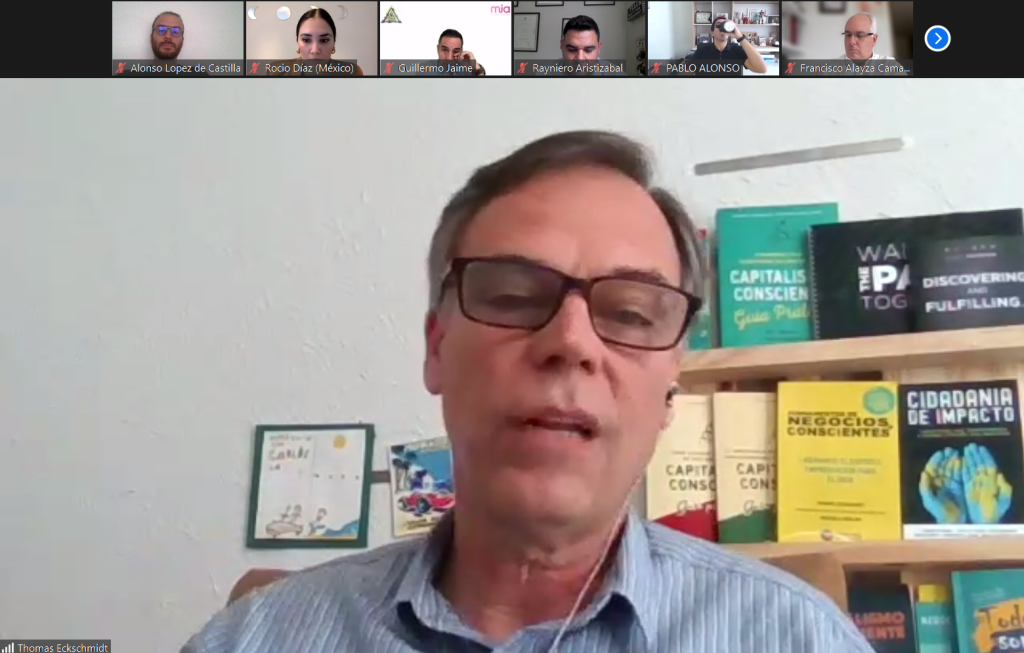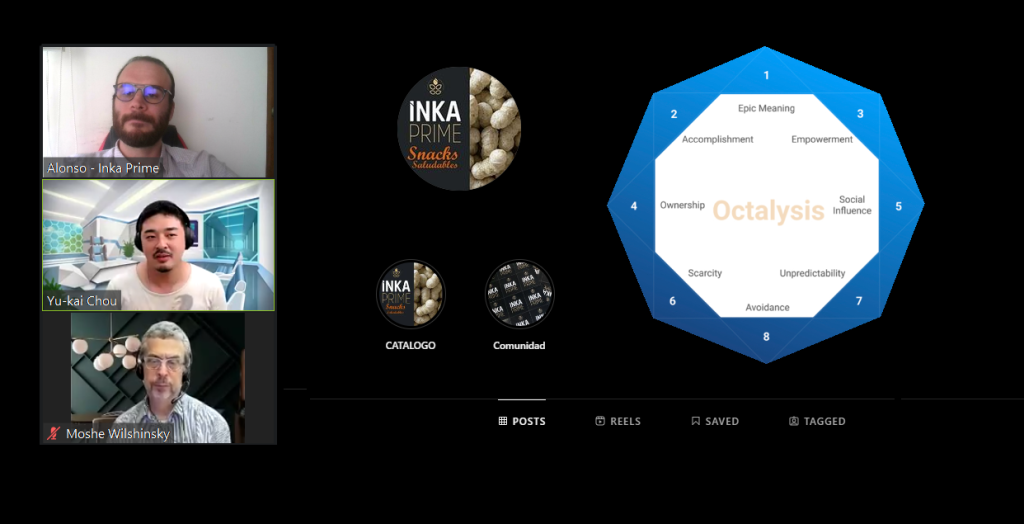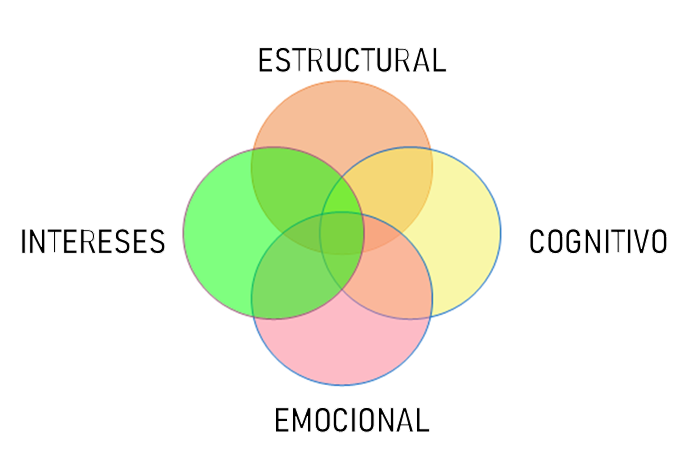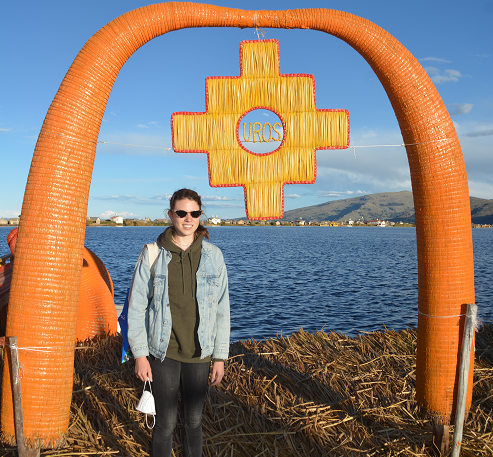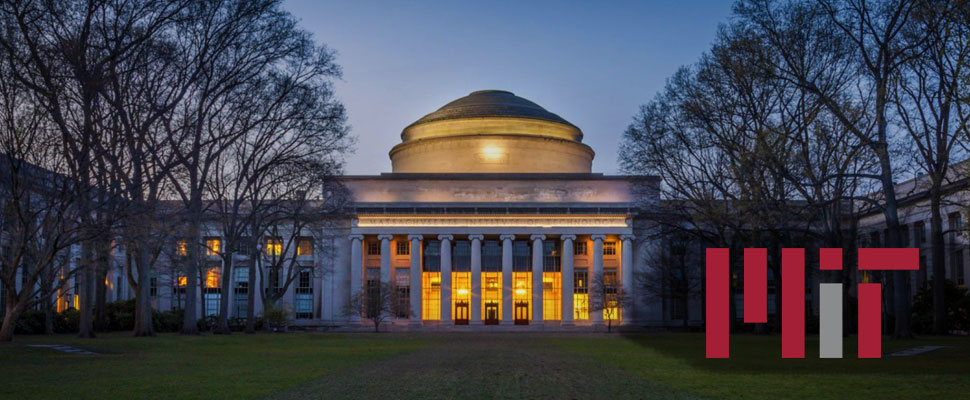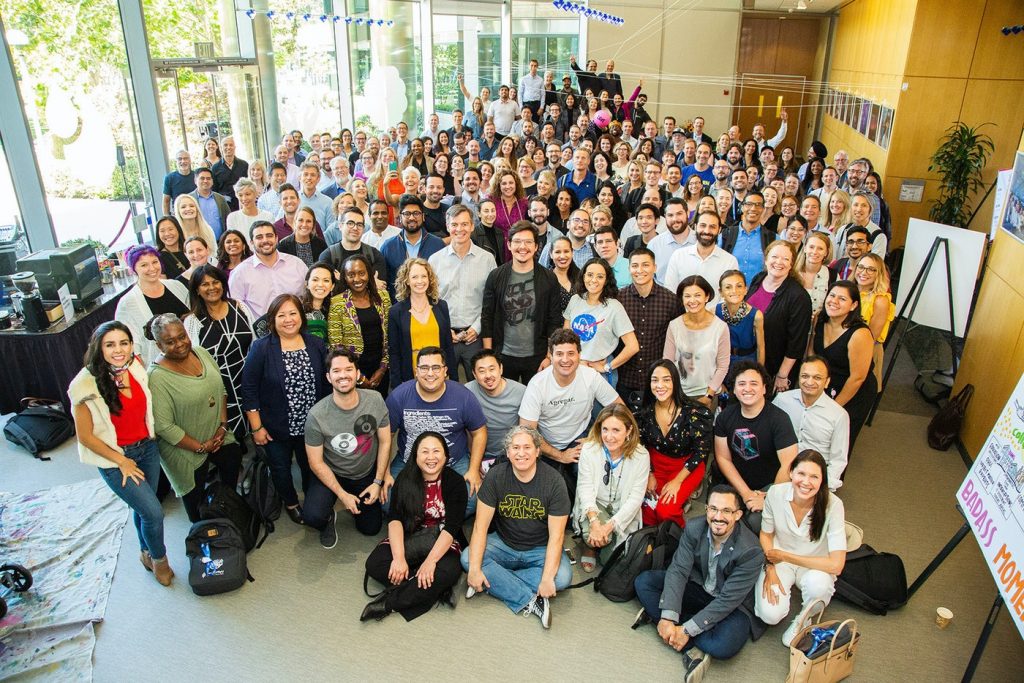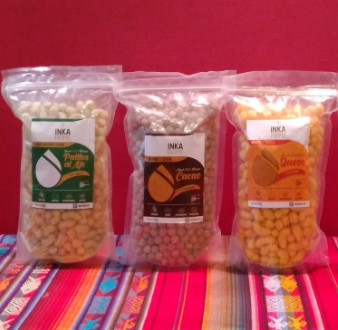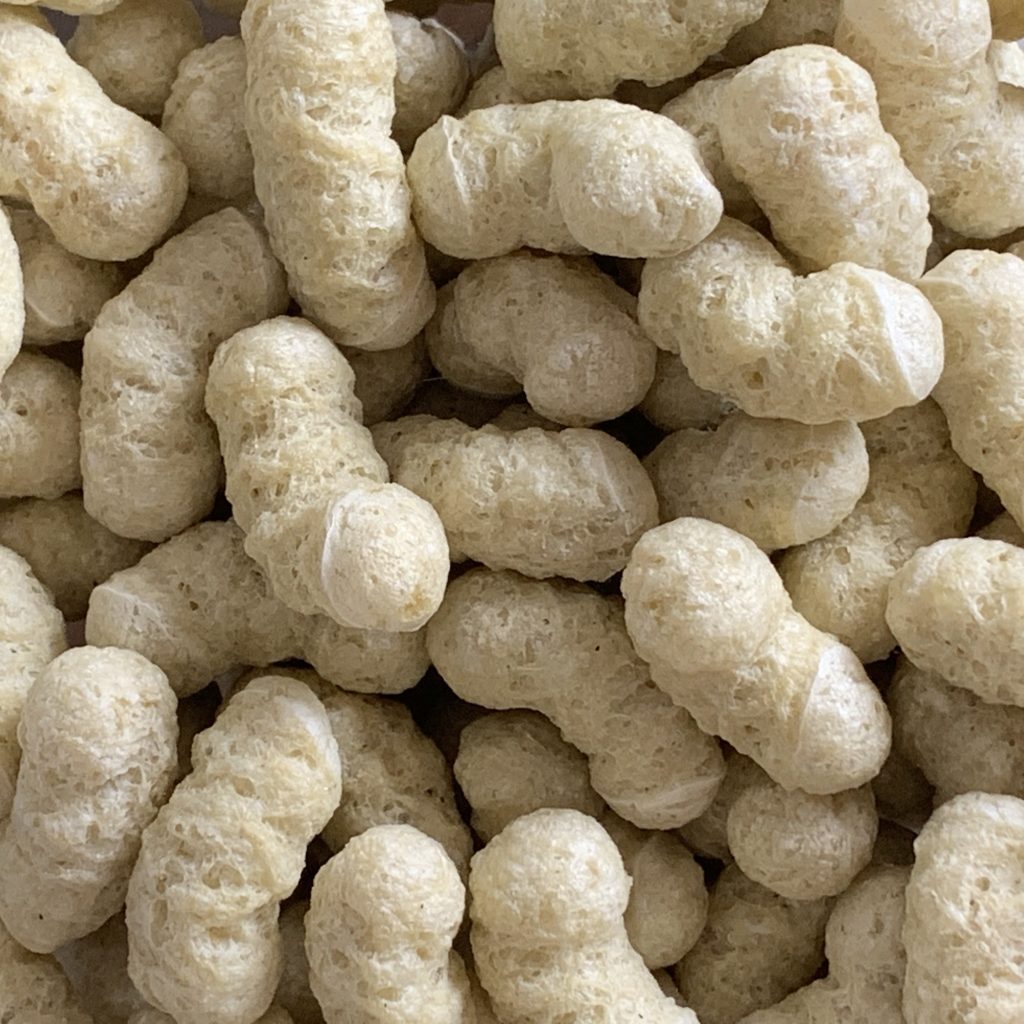“We will all achieve better productivity if we integrate the farmer in the productive system. It is not about charity, is making them more efficient.”
The Red de Acción de Agricultura Alternativa, or Action Net of Alternative Agriculture, is a group of organizations that are specialized in facilitate processes of investigation and campaigns of sensitization that support the development of a sustainable agriculture and the conservation of the environment for 28 years. Questioning the traditional agricultural practices seeking alternatives in the process, including the indiscriminate use of machinery, agro chemestries, hybrid seeds, genetically modified organisms. Promoting the Andean original model of agriculture to guarantee the development of small producers, and everything that is healthy and safe.
We spoke with Luis Gomero, National Coordinator and Adviser in the Presidency of the Council of Ministers (PCM), for him, one of the main points is the development of the small and medium agriculture, with less than 5 hectares, designing a model sustained in technological principles, productive diversification and improving practices. The State, the academy, and the private sector should support this.
About the government, the challenges to be still pursued should be to do a bigger effort to integrate the agriculture with exportation, because this last activity is receiving more attention. The agriculture family, specially the small producers, should get more attention in the policies, with better subsidies in order to guarantee sustainability. They are living in informality and lack of orientation, training and technological development, a complicated situation.
The academy should increase investigation and be more part of this holistic view, this is something that was not being done in the past and gives a sustain to the process.
The privates should understand the concept of fair price, so the fluctuation in prices do not affect them, producing bottlenecks and affecting the entire system. Another view, is that they could do a management of development projects, teaching more capacities to small producers in order to make them more productive.
There are some producers that are already managing the adaptation to exportation, specially the cacao”, bananas, aguaymanto, and aromatic plants.
It’s all about matching their efforts with the access to potential markets, by themselves or in partnership with conscious exporters that develop an integral view. That is why the role of clear policies is important, to guide this process.

There is a wide range of practices to be promoted, the management of fertilizers, ecologic management of the soil and plagues, nutrition requirement of plants, the biologic controls, ethology: behavior of insects, the guaranty of assuring replantation and promoting sustainability. We must avoid the idea that illnesses or plagues must be cured with poisons. Moreover, we must prepare ourselves to work in the prevention.
We can learn a lot from ancient Andean agricultural practices, like the rotation of cultivations, to regulate the fertility of soils, and the incidence of plagues and illnesses. Also, about the hydric resources, not only by gravity but by spray drop. This must be overcrowded in the Andes, because could improve effectiveness in 60%.
In this line of thought, we must transform products, we can’t stay in the exportation of raw products (materia prima). Rural electrification must arrive to the productive units and create a project and a financial program to support this producer, taking in account market policies, technique support, and investigation, integrating the agriculture in the productive system. This will improve the social issues.



